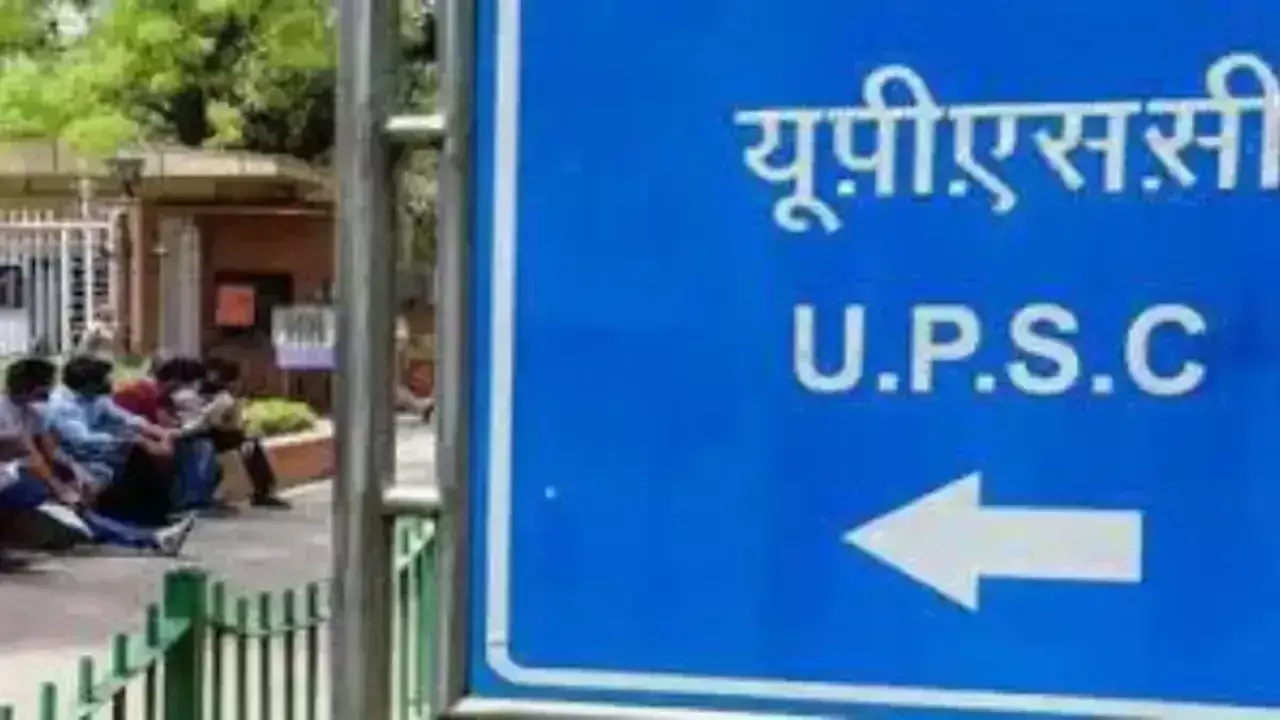TRENDING TAGS :
Time to Say, Merit Is Caste, Competence Is Religion
India’s bureaucracy needs a radical shift. This article explores why lateral entry is essential to inject expertise into governance, beyond caste or exams.
There’s a famous saying: “Do not ask the caste of a saint.” After all, what does a saint have to do with caste, his sole focus is union with the Divine. If we were to apply this proverb to government bureaucrats, what should we say? Perhaps: “Judge a babu only by his competence.” Because if there’s one essential quality the craftsmen running the machinery of a nation of 1.45 billion people must possess, it’s not just a degree or the ability to clear a tough exam, it is real, demonstrable merit and the ability to deliver results.
Only then can we say: “A true babu is one who gets the job done.”
A Colonial Legacy Still Governing Us
The Limitations of the Civil Services Exam
Unfortunately, the method of selecting these “super craftsmen” hasn’t evolved since British rule. The sole criterion remains a civil services exam that requires nothing more than a graduation degree for eligibility. The results are obvious. In a system where privilege often outweighs service, how many citizens are truly satisfied or even hopeful about the bureaucracy’s performance? We all know the answer.
A Ray of Reform: Lateral Entry Policy
A Step Forward, Now Politically Forgotten
To infuse new life into the system, a policy of lateral entry was introduced, allowing domain experts and professionals to be directly recruited into top administrative roles. But that initiative has either lost momentum or been sacrificed at the altar of vote-bank politics. When or whether it will return is anyone’s guess.
Political Fence-Sitting
Even leaders who oppose it in public must, at some level, recognize the urgent need for reform and lateral entry is one such reform tool. But it must be free from reservation-based constraints. Unfortunately, political discourse is so entangled in the calculus of ‘social justice’ that no major party has taken a firm stand in support of the lateral entry policy introduced by the Modi government.
Congress Party’s Irony and Forgotten History
Ironically, the policy’s most vocal critics are from the Congress party, the same party that once laid its foundation. Today, they label it “privatization of the IAS,” conveniently forgetting their own track record of inducting non-IAS, non-quota professionals into government roles.
A Glimpse at India’s Successful Lateral Entrants
Notable Names and Achievements
Consider this: Dr. Manmohan Singh, India’s former Prime Minister, entered government through lateral entry as Chief Economic Advisor in 1972. By 1976, he was Secretary in the Ministry of Finance, climbing to the top in just 14 years. During the UPA regime, Montek Singh Ahluwalia joined in 1988 as Special Secretary to the PM and became Commerce Secretary by 1990. Other notable lateral entrants include:
-
Vijay L. Kelkar - Secretary, Ministry of Petroleum & Natural Gas (1994)
-
Bimal Jalan - Chief Economic Advisor (1981)
-
Prakash Tandon - head of the State Trading Corporation
-
KPP Nambiar - Secretary, Department of Electronics
-
Suman Dubey - Press Advisor, Ministry of Information & Broadcasting
-
Dr. Shankar Acharya - Chief Economic Advisor (1993)
-
Kaushik Basu - Chief Economic Advisor under the UPA
-
Raghuram Rajan - CEA before becoming RBI Governor
Game-Changing Projects Led by Lateral Minds
In 2009, the Congress government created the UIDAI, which led to the Aadhaar project—headed by Nandan Nilekani, a lateral entrant. Sam Pitroda, who spearheaded India’s telecom revolution, was Chairman of the Telecom Commission in 1989 and returned as Advisor to the PM in 2009.
Expertise Is Non-Partisan, National Interest Is Supreme
Clearly, the value of professional expertise in governance is not partisan, it is national. Those who deal with central, state, or municipal administration know how essential it is. Today, governance challenges are complex and multi-dimensional. Yet the system still leans heavily on IAS officers, many of whom rotate through departments, Agriculture, Defence, Railways, IT, you name it, without specific domain expertise.
But real governance isn’t about managing files. It’s about delivering impact. And that requires specialization.
The Problem with Generalist Bureaucrats
India has yet to build an expert-driven administrative structure. Our traditional civil service system does not produce sectoral experts—it produces generalist bureaucrats. Meanwhile, our universities, industries, think tanks, media houses, and private sector institutions are filled with professionals who are both capable and willing to serve the nation. But our system continues to be monopolized by an “elite class” that resists external entry.
Learning from the World: Embrace Global Best Practices
Most developed and many developing countries have embraced lateral talent in governance. In the U.S. and China, specialists from universities and private sectors are routinely appointed to key public roles, even in foreign service.
Our politicians are quick to discuss quotas, but rarely talk about building true competence in underprivileged communities. Why not focus on equipping SC, ST, OBC, and other marginalized groups with quality education and specialized training? That would uplift not just governance, but also society and the economy.
Serve All, Bias None: The True Creed of a Public Servant
Ultimately, what matters most is whether a public servant is competent, accountable, and effective—not what caste or religion they belong to.
Above all, those entering government service must adopt one creed: to serve India and all Indians, without bias. If caste or religion alone could uplift the system, it would have done so by now. The time has come to honour merit, capability, and real performance.
The Chant We Need Today
So let’s start chanting— ‘Merit is caste. Competence is religion. Everything else is illusion.’
(The author is a journalist) Email: [email protected]


